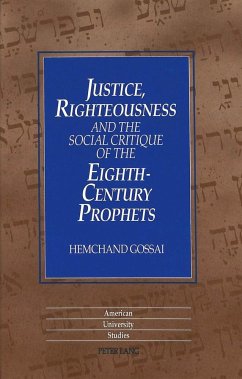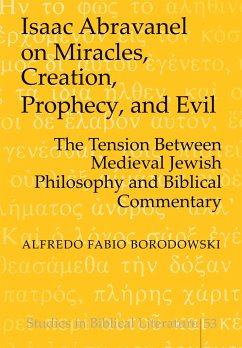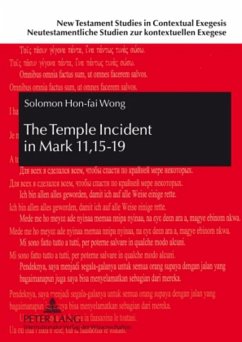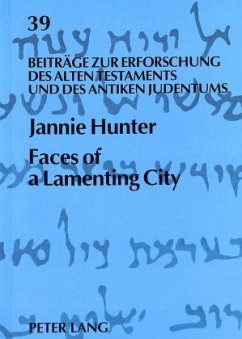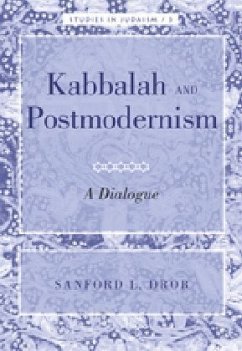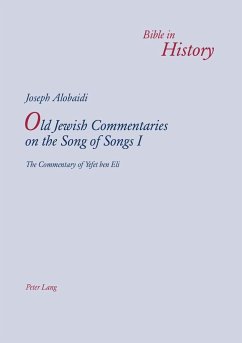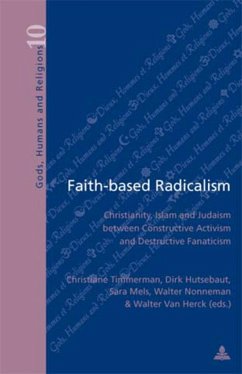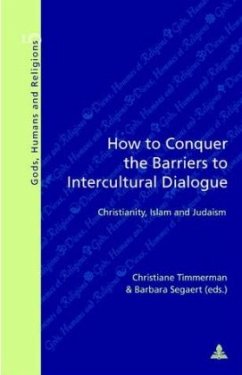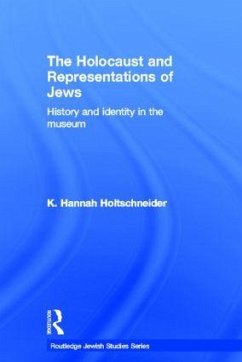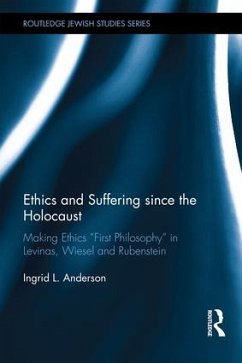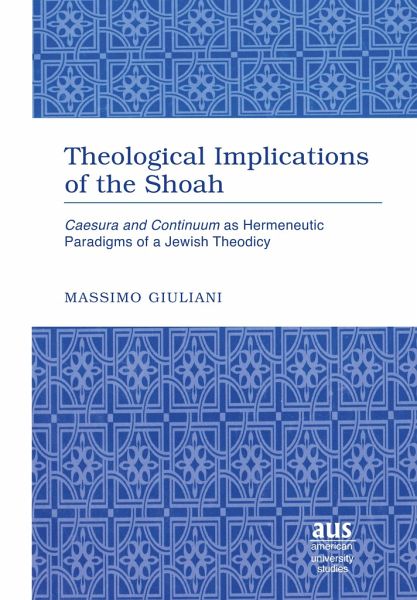
Theological Implications of the Shoah
"Caesura and "Continuum as Hermeneutic Paradigms of a Jewish Theodicy
Versandkostenfrei!
Versandfertig in 6-10 Tagen
66,95 €
inkl. MwSt.

PAYBACK Punkte
0 °P sammeln!
The Shoah - the Hebrew term for Holocaust - has continued to pervade theological thought, religious practice, and the contemporary identity of Judaism. Using the title of Franz Rosenzweig's masterpiece, the Shoah could - and perhaps should - be called "the star of irredemption" because of the struggling implications of its radical evil. In Auschwitz, God is at stake because the very existence of the Jews is threatened, but the Jewish identity is also at stake because the justice and reliability of God is questioned. The Shoah poses a double problem of caesura and continuum - it is both a break...
The Shoah - the Hebrew term for Holocaust - has continued to pervade theological thought, religious practice, and the contemporary identity of Judaism. Using the title of Franz Rosenzweig's masterpiece, the Shoah could - and perhaps should - be called "the star of irredemption" because of the struggling implications of its radical evil. In Auschwitz, God is at stake because the very existence of the Jews is threatened, but the Jewish identity is also at stake because the justice and reliability of God is questioned. The Shoah poses a double problem of caesura and continuum - it is both a break in the continuity of the tradition and continuity inside of the break of modernity. The intersecting of these two dimensions constitutes the basic hermeneutic conflict of the Jewish consciousness at the beginning of the twenty-first century.



